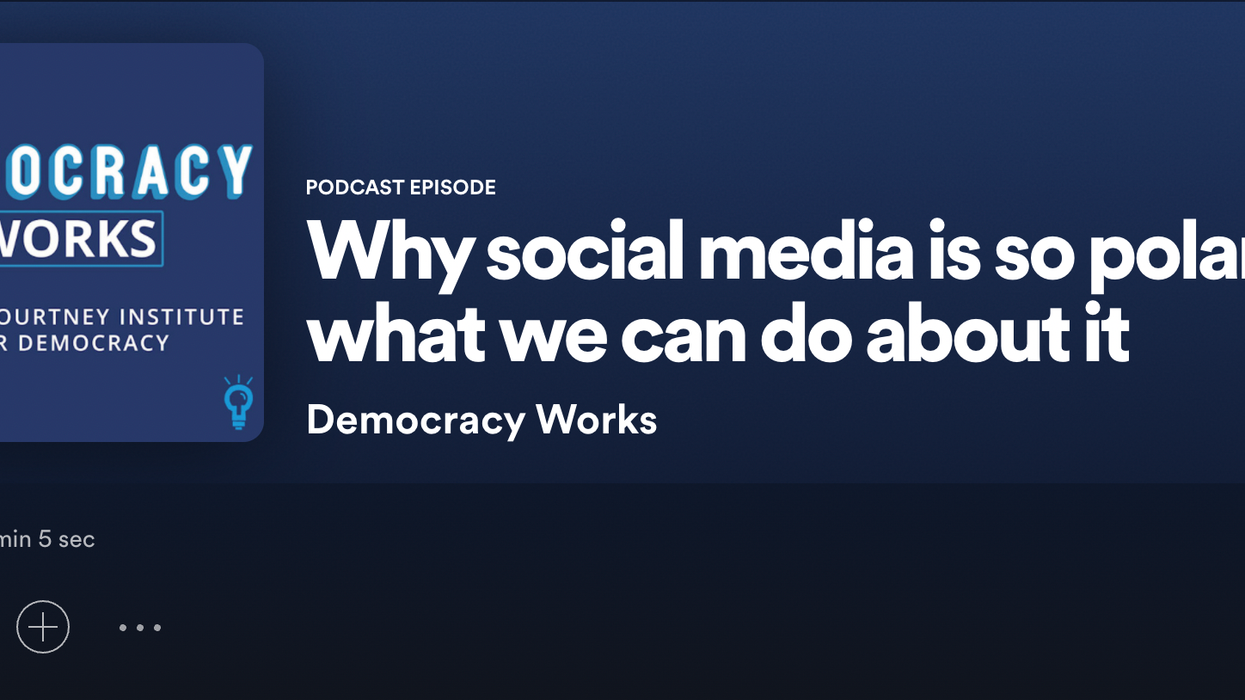In an era of increasing social isolation, platforms like Facebook and Twitter are among the most important tools we have to understand each other. However, social media can also lead to polarization and misunderstanding as author Chris Bail discusses in this episode of Democracy Works.
Podcast: Why social media is so polarizing






















Trump & Hegseth gave Mark Kelly a huge 2028 gift